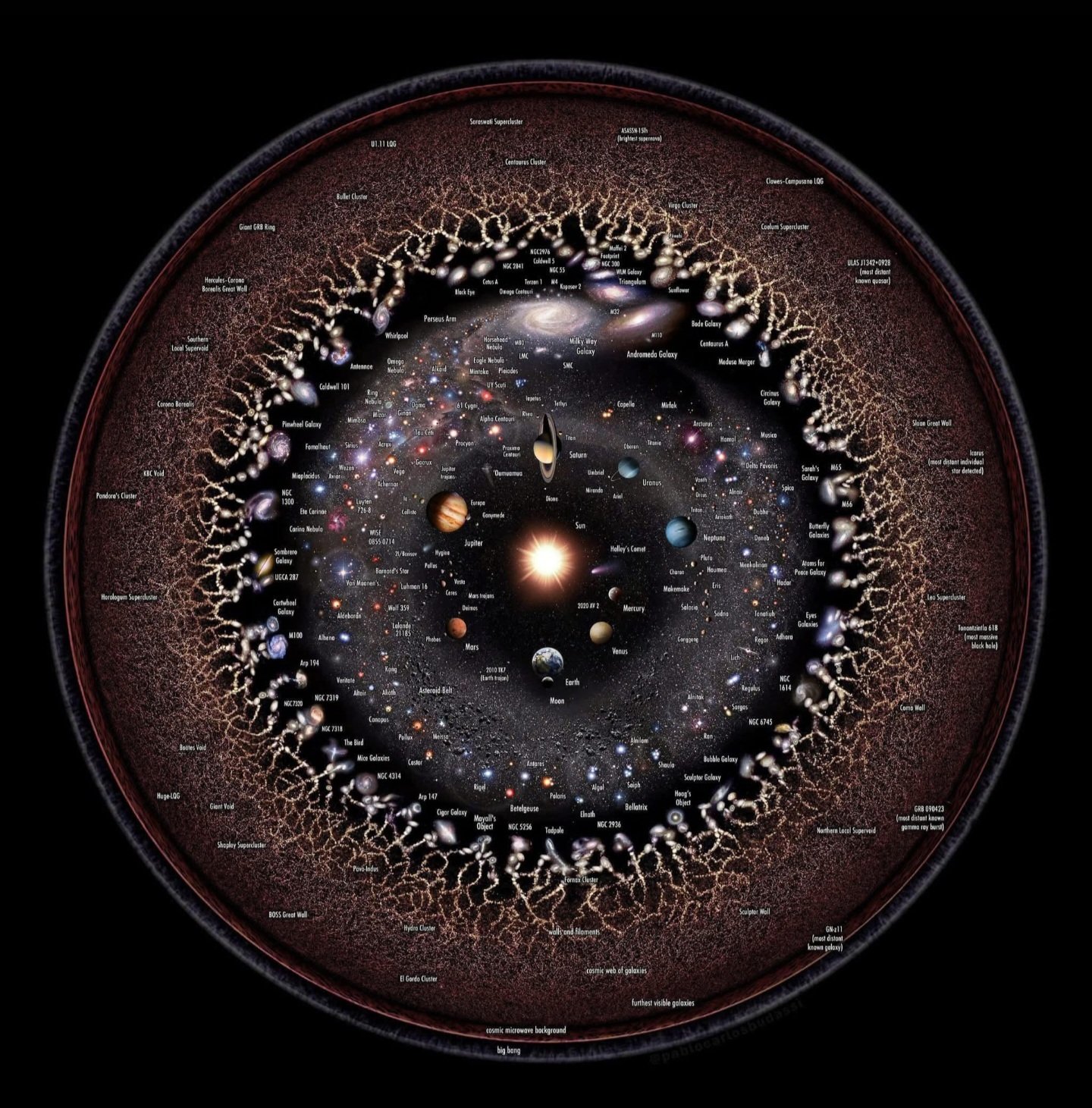this post was submitted on 28 Feb 2025
308 points (93.3% liked)
Science Memes
12489 readers
2815 users here now
Welcome to c/science_memes @ Mander.xyz!
A place for majestic STEMLORD peacocking, as well as memes about the realities of working in a lab.

Rules
- Don't throw mud. Behave like an intellectual and remember the human.
- Keep it rooted (on topic).
- No spam.
- Infographics welcome, get schooled.
This is a science community. We use the Dawkins definition of meme.
Research Committee
Other Mander Communities
Science and Research
Biology and Life Sciences
- [email protected]
- [email protected]
- [email protected]
- [email protected]
- [email protected]
- [email protected]
- [email protected]
- [email protected]
- [email protected]
- [email protected]
- [email protected]
- [email protected]
- [email protected]
- [email protected]
- [email protected]
- [email protected]
- [email protected]
- [email protected]
- [email protected]
- [email protected]
- [email protected]
- [email protected]
- [email protected]
- [email protected]
- !reptiles and [email protected]
Physical Sciences
- [email protected]
- [email protected]
- [email protected]
- [email protected]
- [email protected]
- [email protected]
- [email protected]
- [email protected]
- [email protected]
Humanities and Social Sciences
Practical and Applied Sciences
- !exercise-and [email protected]
- [email protected]
- !self [email protected]
- [email protected]
- [email protected]
- [email protected]
Memes
Miscellaneous
founded 2 years ago
MODERATORS
you are viewing a single comment's thread
view the rest of the comments
view the rest of the comments

First thing I will point out is there is no known shape of the universe.
If we assume the hubble constant is the same in all directions, the farthest we'd be able to see would be a sphere, dictated by the time light has had to travel to us.
That's what I'm assuming the original diagram is showing, the "Observable Universe" in some sort of radically increasing scale.
It'd be interesting to see what a log scale would look like for this. I'll see if I can find one.
Here's one.
Looks like the image at the top is a bit condensed comparatively.
I'll admit, I'm not deep in astronomy but thats inherently misguided. In a 3d space, observing from a fixed point, all areas that extend past how far we can observe would not be the shape of the universe but just our range of "vision."
Thus the term "observable universe". Everything beyond our observable universe is being expanded away from us at faster than the speed of light, so nothing outside will ever reach us. Causality is completely and irrevocably severed at those distances so, arguably, anything outside the observable universe is not part of "our" universe.
My point is, it doesn't reveal anything about the nature of the universe only about the limited view we can observe. As far as form goes the form of a sphere is meaningless because it is true of anything in a 3d space that is looking out from a fixed point.
As I just explained, it's not really about observation, it's about causation. If two objects can never possibly interact, then are they really in the same universe?
Looking out in space is also looking back in time. Anything (roughly) that is further than we can observe in the microwave background would be further back in time than the beginning of time, and therefore doesn't exist at all in our universe. It's a bit brain bending.
So when you say never, do you mean not in the 'lifetime' of our sun, or?
Not till the heat death of the universe.
I guess I don't trust the human understanding of 'never'. It's more like 'we don't currently believe its possible', which has in the past been unreliable.
We'd need to break the speed of light, which isn't possible with our current understanding of physics, but who knows.
I would say yes they are part of the same universe because if you changed your position it would reveal things you didn't see before and mask thing you use to see. Not that that is possible yet, but there are no laws of physics preventing it, only our super short life spans.
That's just it. The laws of physics, at least as far as we understand them, absolutely preclude changing our position in any way that would reveal anything outside our observable universe. Lifespans don't come into it at all. If you lived forever traveling at the speed of light, you would never achieve that change of position.
The cosmic background is the leftover "noise" of the big bang, and we observe it roughly uniformly in every single direction. So where did the big bang occur? Everywhere. Everything that exists is precisely at the center of the universe, right where the big bang happened.
It's all about the concept of spacetime. Spacetime isn't space and time considered together, it's a singular thing that operates by rules that we are ill equiped to comprehend intuitively.
I do not agree. I don't believe the laws of physics are the limiting factor.
The edge of the observable universe is moving away from us faster than the speed of light from our perspective. (Due to space stretching) So we'd need to go faster than the speed of light to catch up.
https://en.m.wikipedia.org/wiki/Wormhole
You could also use a wormhole to travel to different universes. It 'breaks' the speed of light, so all bets are off.
Is saddle still the best candidate? Like when you move a circle across a circle you get a torus, and when you move a parabola across parabola you get a "saddle"
I want a toroidal universe. Just so it can be eaten by an extracosmic Homer Simpson.
obviously the eye of our universe is flat